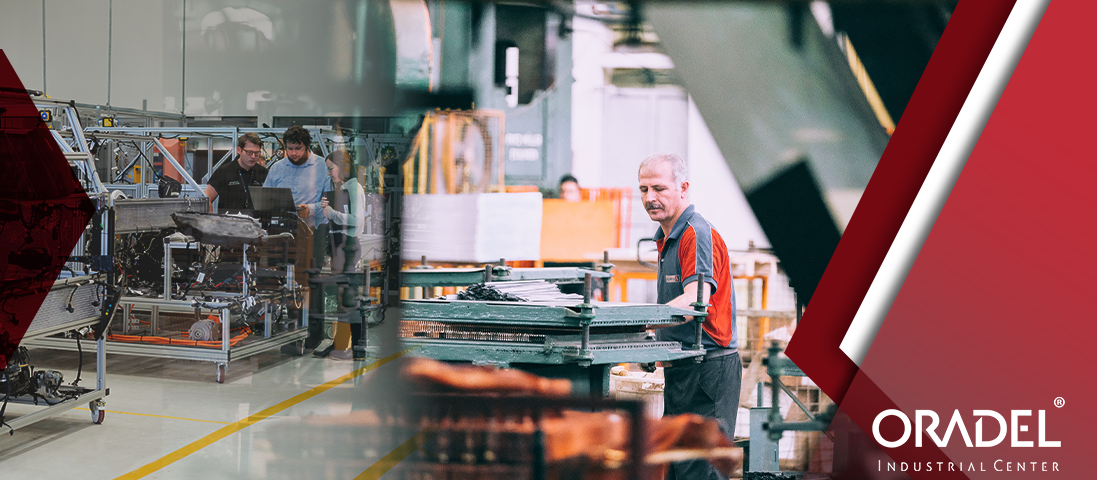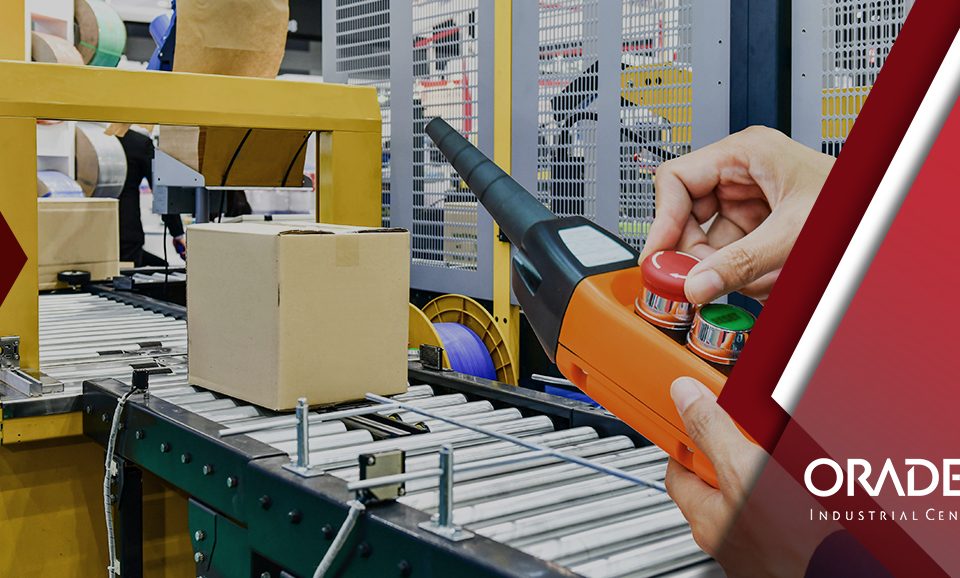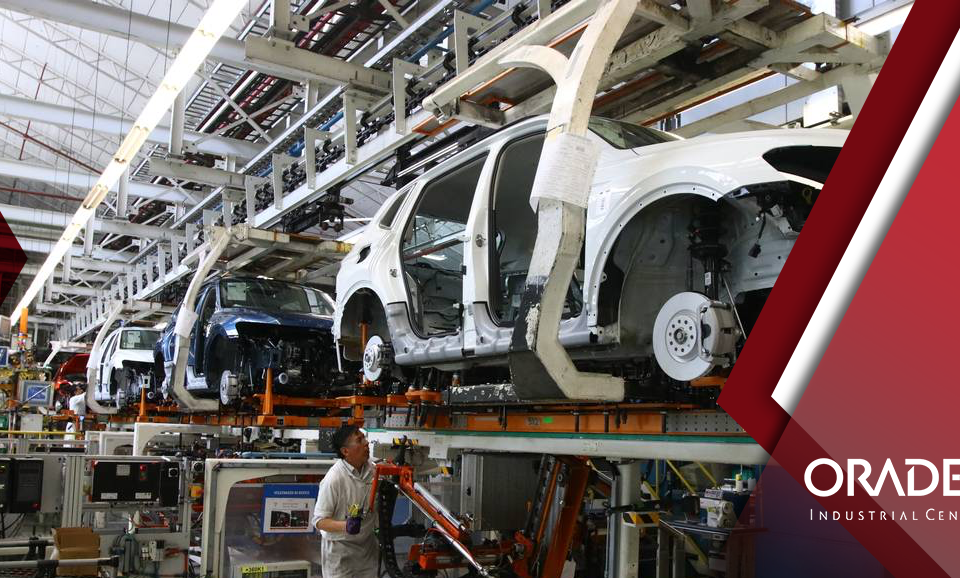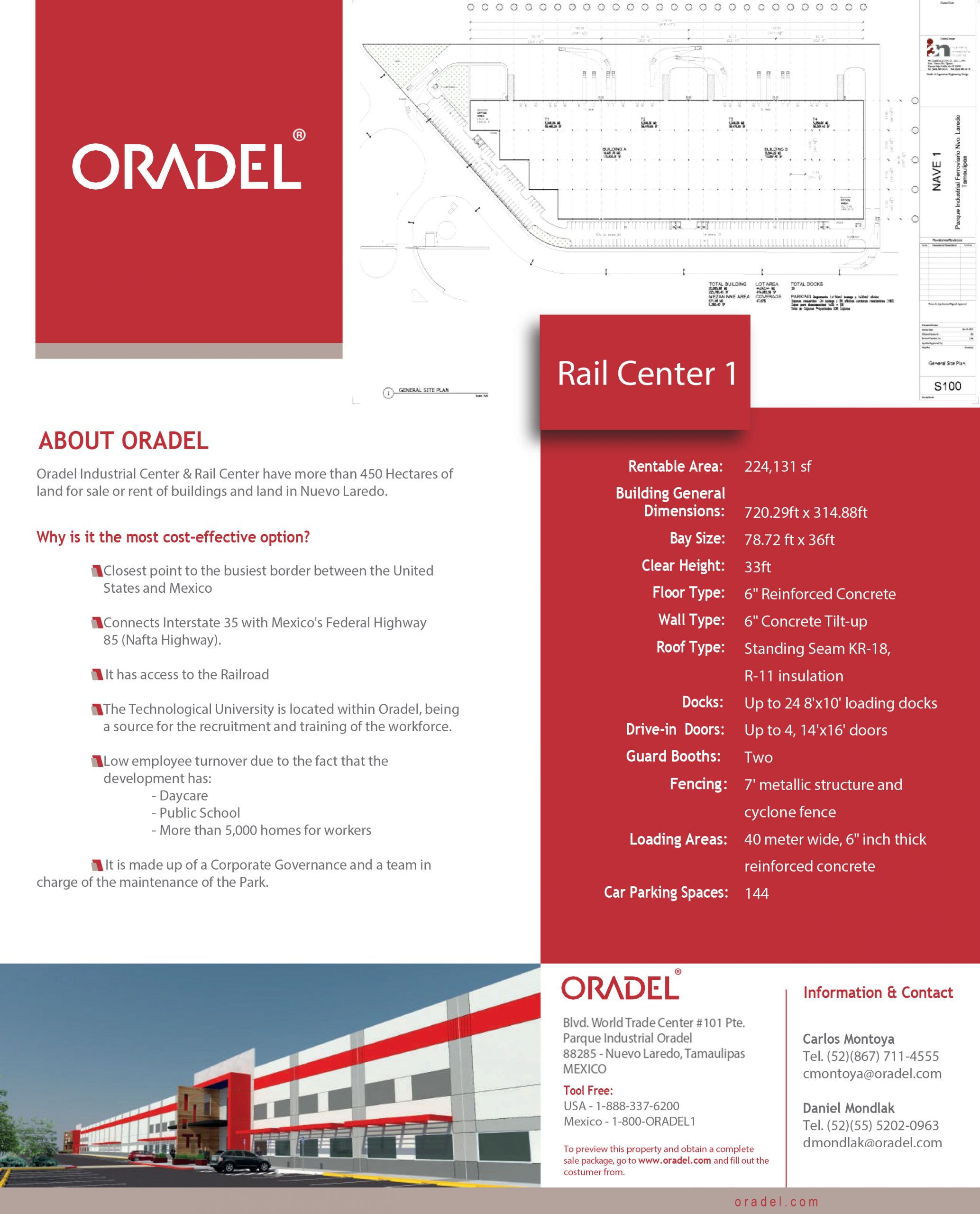Keys to the manufacturing industry: planning and digitalization

Ally-Shoring: New strategy to link Mexico and the U.S.
5 April, 2021
Mexico is key to United States economic recovery
5 April, 2021
Keys to the manufacturing industry: planning and digitalization
The challenges posed by the global situation drive an effective move towards a more technological, competitive and productive manufacturing industry through planning and digitalization.
In recent years, the Mexican market has analyzed the concepts, needs and benefits that Industry 4.0 can bring to the domestic economy. However, the COVID-19 pandemic forced companies out of their comfort zone and start seeing digital transformation as a way to remain competitive.
According to a survey conducted by the Institute of Electrical and Electronics Engineers (IEEE), a professional technical organization in the United States dedicated to the advancement of technology, 19% of respondents believe that digital solutions brought great learning to the manufacturing industry as this sector will be one of the most impacted by technology this year, while 55% of respondents indicated that the adoption of cloud computing was expedited during the pandemic, 52% adopted 5G technology, and 51% expedited Artificial Intelligence and Machine Learning projects.
Therefore, this year and even with an uncertain scenario, the Mexican industry needs to focus on two main points: digitalization and planning.
Digitalization of the manufacturing industry
According to the McKinsey consulting firm, processes related to digital transformation are expected to reduce equipment maintenance costs by up to 40%, decrease energy use by 20% and increase labor productivity by up to 25% by 2025.
In order to reach these levels, first of all, the Mexican industry must make the theoretical discourse on the digitalization of the sector a reality. It is therefore necessary to increase the levels of digitalization of all business processes and adequately verify the data related to the operation.
There is no doubt that the pandemic also accelerated the need for greater inventory and production management, especially in the food sector. Many companies still do not have advanced solutions for this task and would require a comprehensive management system that would collect all relevant information and help them manage the business in an integrated manner.
The race to speed up manual processes began gradually in 2020 and should continue to grow this year. However, the most important thing to consider is training employees in new technologies to make the team aware of the real perceived gains for the business and to make the company use the technologies adopted to their full potential.
Planning in the manufacturing industry
Production planning is another factor that has become a strategic issue for companies and will require more attention this year.
There is no doubt that considering the industry’s capacity to meet market demand and having process visibility within production is essential.
Advanced technology solutions make it possible, for example, to simulate various scenarios, analyze the impact of a new order, calculate lead times, evaluate how to serve a specific customer, or assess whether product stock is insufficient or in excess in order to reduce losses or erroneous purchases of inputs, control cash flow and diagnose which factors would have an impact on the company’s daily productivity.
The current situation requires intelligence and efficiency. Mexican industry has qualified professionals in all areas of business, although in the United States the incorporation of technology in the production process is practically a rule. Mexico must also move in that direction, since long-term innovation inhibits costs, losses and brings productivity gains to the industry.
Since last year, consumer relationships have changed even in sales channels, thus it will be impossible to stay ahead of the competition without a technological solution that offers the necessary support to simulate scenarios and adapt to the increase and change in demand.
Oradel Industrial Center has over twenty years of experience building industrial warehouses for industrial companies. It is located only 10 miles from the Mexico Texas border. It also offers Industrial buildings with rail service making it the most attractive location for logistics and manufacturing industries





